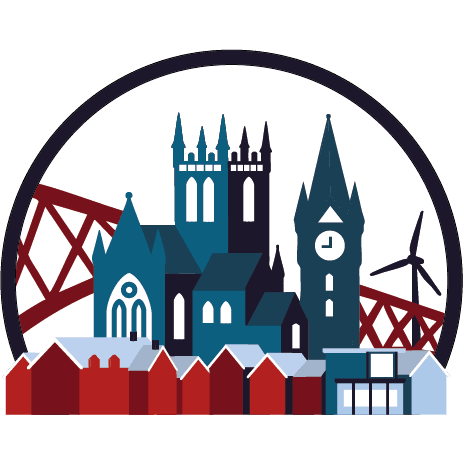Citizens’ Assemblies have been used all around the world to answer big questions.
Ireland
In 2016 the Irish parliament created a Citizens’ Assembly with 90 people. They met to talk about the country’s very strict abortion laws, which were written into Ireland’s constitution.
Over a few weekends in 2016 and 2017, the group listened to doctors, charities, and women who share their own personal stories. After learning and talking together, the Assembly suggested to the Irish parliament that the law should be changed so more people could have an abortion if they needed one.
This decision was then put to a public vote (a referendum just like the 2014 independence referendum), and the people of Ireland agreed that the law should change.
Scotland
In 2019 and 2020 the Scottish government set up a large Assembly with 100 people from all over Scotland. They met to talk about three big questions:
- What kind of country do we want Scotland to be?
- How can Scotland deal with today’s problems?
- What information do people need to make good choices about Scotland’s future?
When the pandemic happened, the group had to meet online. In January 2021, they shared their ideas with the government in a called ‘Doing Politics Differently’. They gave the government 60 ideas to think about.
The Scottish government answered. One of the biggest changes they made was saying that Citizens’ Assemblies should happen more often and become a regular part of how Scotland makes decisions.
Barnet, London
In 2023, Barnet Council (near London) held their first ever Citizens Assembly. 40 people were chosen from the local community to talk about climate change and how the Council could be more eco-friendly.
They discussed things that the council is in charge of like rubbish, recycling, transport, housing and nature.
At the end, the Assembly made 20 suggestions to the Council. In June 2024, the Council agreed to follow all of them, and these now help guide their decision.
